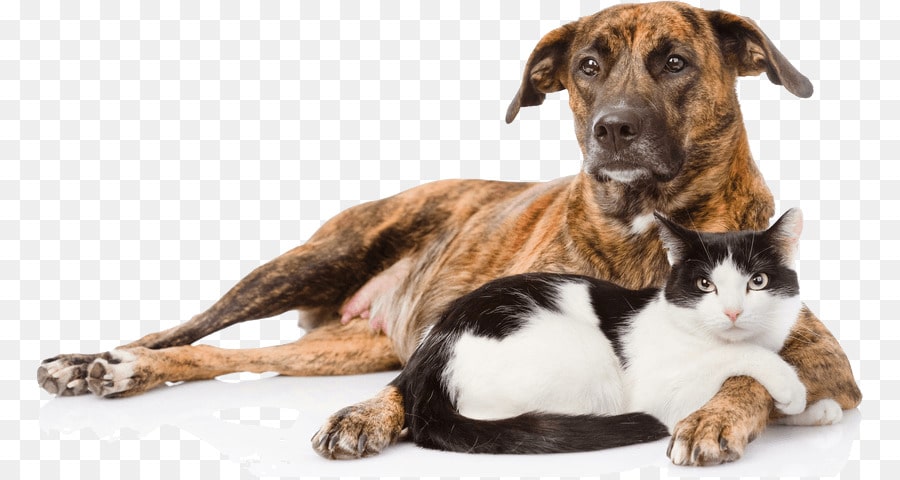The Maine Coon is a large, affectionate and highly popular cat breed. It’s native to America, where it was named the official cat of the state of Maine. They’re defined by their large size and are also intelligent to boot. Before you take in one of these gentle giants, here are some important things to know about them.
Breed characteristics

When it comes to appearance, Maine Coons have two distinct features: their large size and their shaggy coat, which comes in different varieties of colors like ginger, white, brown, or a combination.
Their size makes them the largest domestic cat breed, some growing up to 40 inches long and 16 inches tall. This also makes them heavy, with some registering up to 18 pounds or possibly heavier.
Their tails are also large and fluffy, which they use to wrap around themselves as protection from the cold. Their limbs are similarly developed with their build, suited for supporting their large size, even in snowy conditions.
In terms of behavior, Maine Coons are generally affectionate and gentle in human company. They’re good to have around with children and other pets as well. Their kind personality makes them great as therapy cats too, since they are also open to meeting strangers.
Breed history

Maine Coons are believed to have been brought to America since the colonial period or perhaps longer. The exact origins, however, are unknown and even romanticized in legend. Some even claim that Maria Antoinette of France once raised these cats.
Myths aside, what is established is that these cats are the first indigenous show cat in America, and have also won awards.
One instance of this was the National Cat Show, held in Madison Square Garden on May 8, 1895. This was where a Maine Coon named Cosey from New York won a silver medal and a silver collar bearing the cat’s name.
This same collar is now among the trophies housed in the Cat Fancier’s Association Feline Historical Museum. It’s a facility with cat-related artworks, artifacts and a research library.
This cat breed was popular in the 20th century, but was thought to have gone extinct in the 1950’s when other long-haired breeds were introduced. Thanks to the efforts of dedicated cat breeders, this rumor was proven false and the Maine Coon was eventually accepted for breed championship status at the Cat Fancier’s Association in 1976.
Is the Maine Coon the right breed for you?

The Maine Coon may be gentle and affectionate, but like all pets, they need to be socialized as well for them to live amicably with people. Most of the time, these cats will tolerate being picked up and being around children. Thanks to their high intelligence, they’re trainable and can get used to life at home quickly.
Maine Coons also prefer constant companionship. When left home alone, this breed can easily become sad or anxious. It’s best to engage them with cat toys or simply let them stay by your side and watch what you’re doing. These cats are fine with minimal exercise and can easily be satisfied with indoor games.
Caring for them will require regular grooming and bathing because of their long fur. Groom them weekly to minimize hairball formation and bathe them to keep their coats clean and free of dirt and fleas.
Common health issues

As these are large-breed cats, Maine Coons may be prone to obesity, hip dysplasia and hypertrophic cardiomyopathy.
Depending on your cat’s eating habits, Maine Coons may gain weight easily. Observe when your cat likes to eat and how much food they consume. This way, you can ration their food and help manage their weight.
It’s also advisable to do regular pelvic x-rays on your cat to check for hip dysplasia. Though this normally happens in dogs, the possibility of hip bone deformities may also happen in large cats like these.
Heart health is another issue for large cat breeds like the Maine Coon. One of them is hypertrophic cardiomyopathy, a genetic disease that can be passed down to cats’ offspring. This disease targets the heart’s muscles, causing them to be enlarged, which can lead to faster heartbeats and increased oxygen usage in the muscles to produce energy.
In some cases, HCM can also cause blood clots to form in the heart and prevent proper circulation of blood throughout the body. If your cat has signs of rapid breathing or lethargy, it’s best to consult a veterinarian as soon as possible. There is no known cure for this disease, but treatments can be prescribed in order to manage your cat’s health.
Diet and nutrition

Cat food brands like Addiction Pet Foods are made with meat as the #1 ingredient and enriched with Taurine for a healthy heart, making it a great choice for cat breeds like the Maine Coon. One such product is Salmon Bleu for Cats, made with sustainably-sourced New Zealand King Salmon, rich in Omega-3 fatty acids for a healthy skin and coat. It’s also high in protein which cats need for healthy muscles!
Get a bag of Salmon Bleu from a store near you today!











